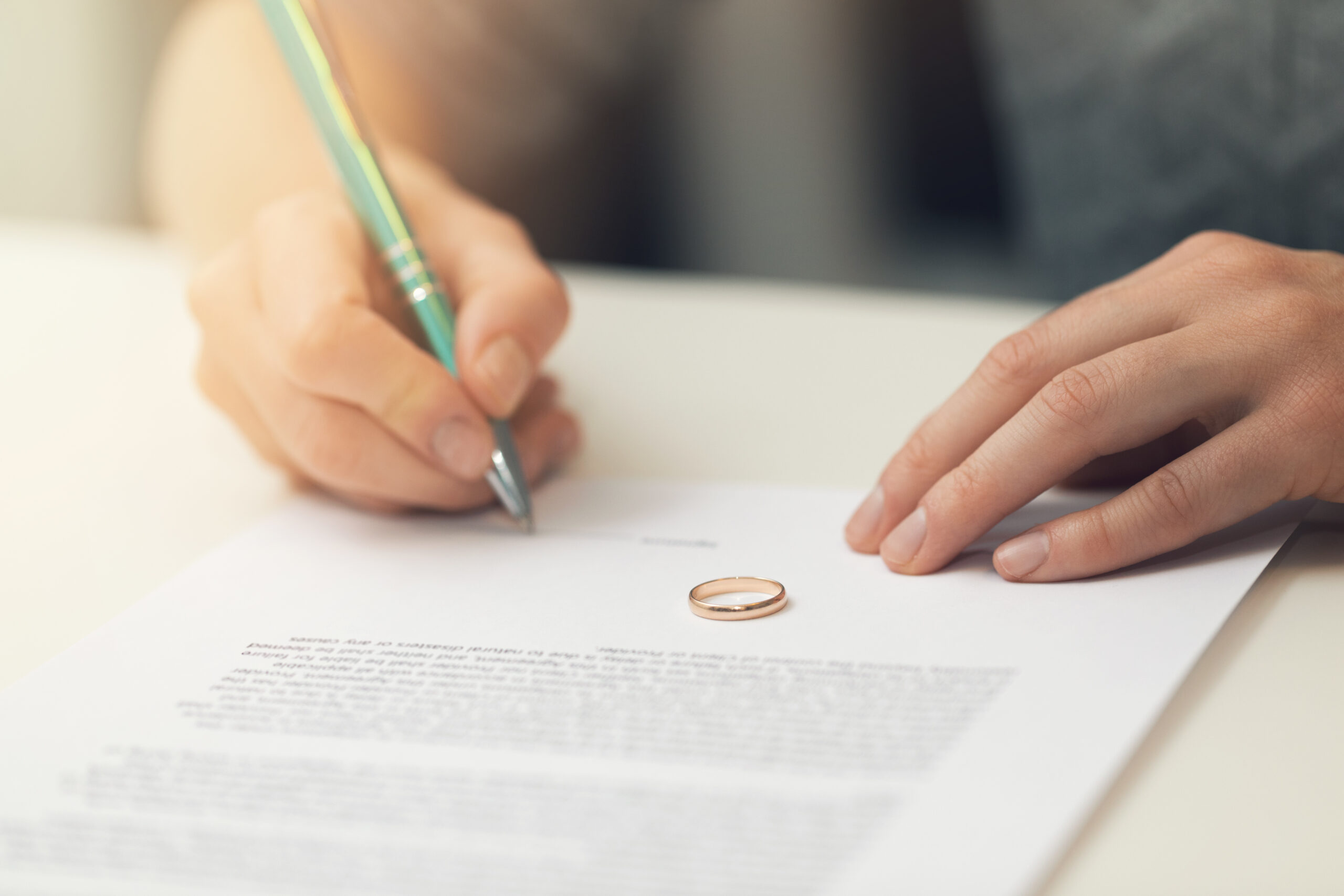When your loved ones are safe and in good health, you probably aren’t thinking about a possible need for guardianship. Circumstances may require it though – a special needs child comes of age, a sibling faces unexpected severe health problems, or an aging parent struggles to handle their affairs. Whatever the situation, a petition for guardianship in New Jersey should be filed to make sure a guardian is appointed to help this person make life decisions.
When do I need to petition for guardianship?
When you file for guardianship depends on why guardianship is needed. When a child with special needs reaches 18 years old, nothing has likely changed about their ability to care for themselves. In this circumstance, the petition for guardianship should be filed as soon as possible. The process includes an evaluation to determine whether guardianship is necessary. Considering that children are legally capable of making their own legal decisions and reach the “age of majority” when they are assumed able to make their own medical decisions (and others are prevented under H.I.P.A.A from even speaking with their doctors or participating in their care) at the age of 18, it may be helpful to consult with an attorney to discuss the process well in advance.
In cases of health- and age-related issues, filing for guardianship is more complicated. If a person already has a durable power of attorney, they can appoint a person to handle tasks such as writing checks and signing documents. However, if the person didn’t previously name one, it may be necessary to petition for guardianship.
What do I need to do to petition for guardianship in New Jersey?
The state of New Jersey’s goal is to protect the rights of the person needing a guardian. Why? If guardianship is appointed, they lose their rights to make decisions, unless a “limited guardianship” is granted. Limited guardianship provides the ability for a guardian to make life decisions for a person without relieving that person of all of their legal decision-making rights.
A full guardianship means that the guardian will have full legal rights and stands in the legal shoes of the person who is the subject of the guardianship, called the “ward” in New Jersey.
Guardianships are reversible if the ward regains ability to handle his or her own affairs. The ward must petition the court and be deemed no longer incapacitated, and the guardianship is dissolved.
Guardianship in New Jersey
No matter what type of guardianship is required, New Jersey asks for documentation that proves guardianship is, in fact, necessary. This includes evaluations from either two physicians or from one physician and one psychiatrist stating that, in their medical opinion, the person is not capable of handling their own affairs or making their own medical decisions. Working with an attorney, the petitioner will file a request for guardianship. Separate counsel is necessary in these cases; the state of New Jersey will provide an attorney for the person for whom the guardianship is being appointed to be sure the guardianship application is not being made wrongfully or in bad faith. Once the court reviews the documentation and hears the argument, the decision will be handed down.
The timeline for the process depends on how long it takes to get evaluations completed and the schedule of the court calendar. However, if it’s an urgent matter, an emergent application can be filed and a hearing scheduled sooner rather than later.
To learn more about the process of petitioning for guardianship in New Jersey, contact the attorneys at Keith Family Law. Their team of exceptional attorneys will be happy to explain the process and help you navigate the courts to obtain the guardianship you require for your loved ones.





